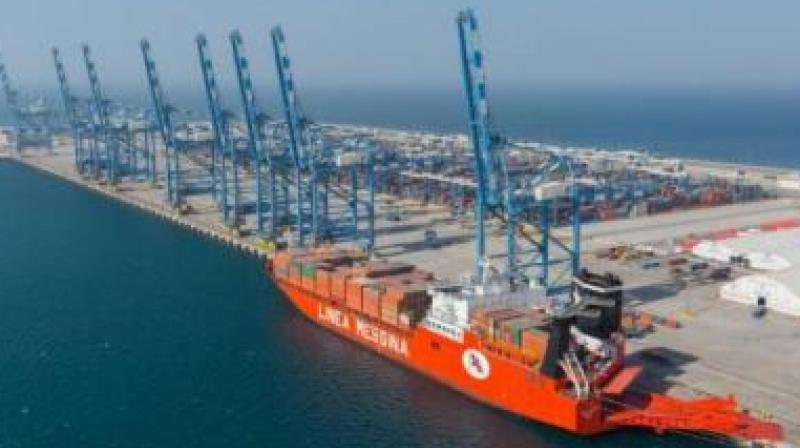One Belt, One Road not international venture: India
New Delhi: July 21, 2015, DHNS:
India has hardened its position on the One Belt One Road (OBOR) initiative of China, calling it a national initiative of the communist country and not an international venture.
New Delhi made it clear that it viewed OBOR initiative distinctly from the Asian Infrastructure Investment Bank, which was also conceived by Beijing, but was being set up by over 50 nations collectively.
Foreign Secretary S Jaishankar made it clear that New Delhi viewed OBOR as the one designed by Beijing in pursuit of its own strategic objectives, but not as an inclusive one in which opinions of other “interested or affected” countries had not been taken into account.
“Where we are concerned, this (OBOR) is a national Chinese initiative,” Jaishankar said in Singapore on Monday. He was replying to questions after delivering a lecture at the International Institute of Strategic Studies.
“The Chinese devised it, created a blueprint (for it). It was not an international initiative they discussed with the whole world, or with the countries which in someway or the other have opinions (about it) or which are affected by it,” he said.
Chinese President Xi Jinping has since 2013 been articulating the idea of a “21st century Maritime Silk Road” reviving economic connectivity between the Pacific and Indian Oceans and linking China’s coastline with Southeast Asia, the Gulf and the eastern coast of Africa. He has also been proposing a “Silk Road Economic Belt” reviving the ancient link between China and Mediterranean through central Asia.
The two projects are now together called OBOR initiative and China has been pulling all stops over the past year to elicit support from other countries.
Beijing’s new plan to spread its tentacles further in the Indian Ocean region and Central Asia, however, caused unease in New Delhi, which has already been wary of China’s strategic assets encircling India.
“If this (OBOR) is something on which they want a larger buy in, then they need to have larger discussions, and those have not happened,” he said, apparently indicating that Beijing had not taken New Delhi into confidence before launching the mega plan.
He also pointed out that the OBOR and the AIIB were different in nature. “We had no reservation about joining the AIIB,” he said, adding that India’s decision to join the AIIB was based on “a very sensible calculation” that the bank would provide a new source of financing.








